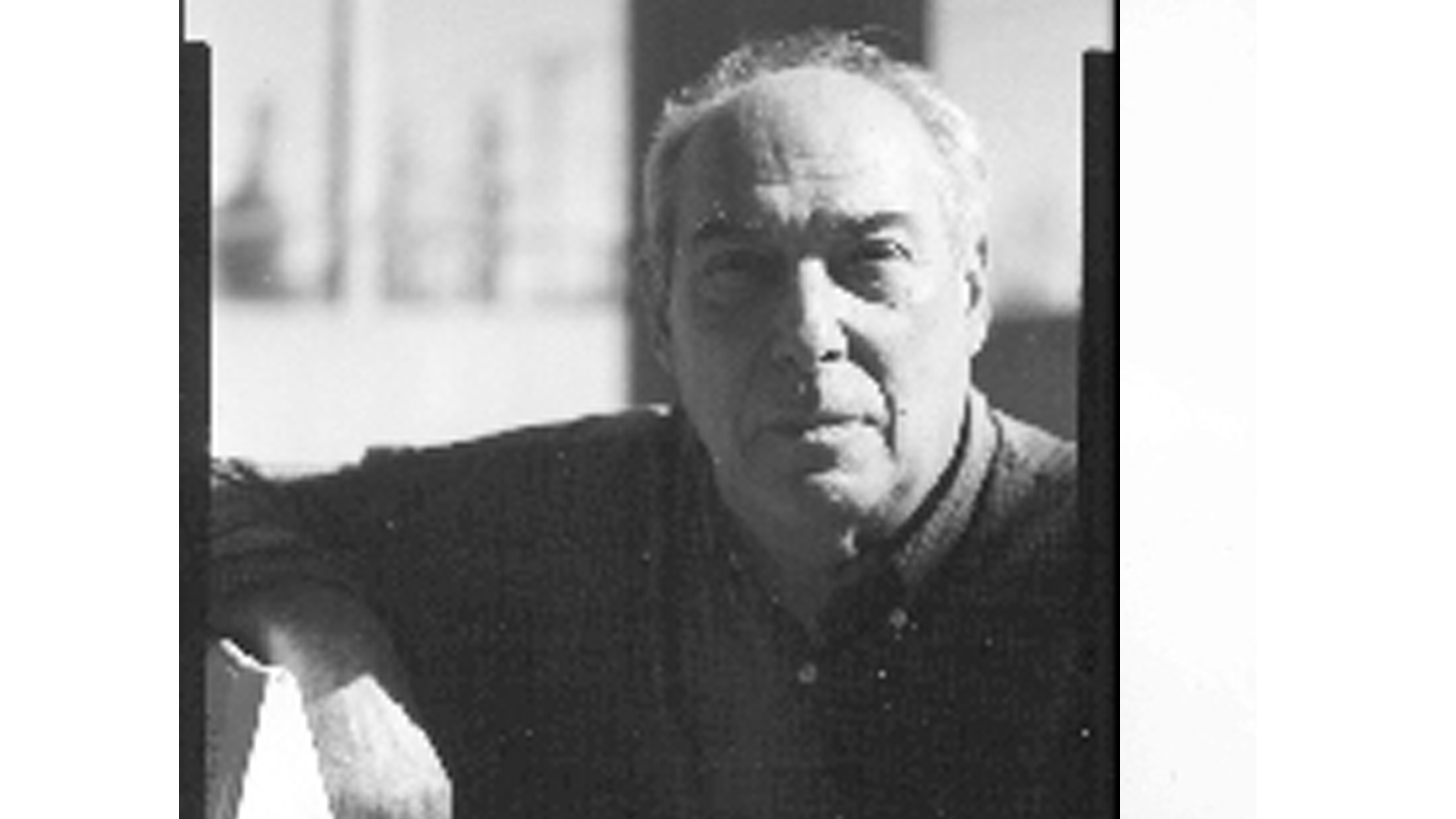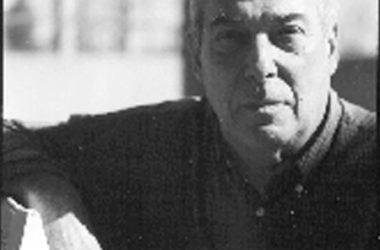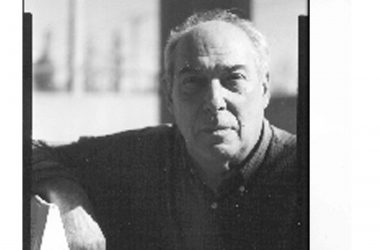Every revolution is a surprise, above all to the revolutionaries. If you had gone around Paris on July 1, 1789 and asked people if there would be a revolution in two weeks, they would have looked at you with puzzlement. They would not have been able to answer because they did not know. I read a talk Lenin gave to members of his Party in January, 1917 in which he said, We of the older generation may not live to see the changes that are coming, it will be up to you young people to carry the fight. Ten months later he was running the country. Clearly he was surprised by the events that took place. I have been taking part in revolutionary politics for more than a half-century, and I was surprised by this movement.
I was asked to speak about race. I think my title is Race and Occupy. I have written and thought about race for many years, and I am honored that you thought enough of my work to invite me to address you. I am humbled by the initiative and determination you have shown in building the movement. In the spirit of helping to strengthen it, I hope to say one or two things of value.
The United States, like every country in the world, is divided into masters and slaves. For a long time the problem here has been that many of the slaves think they are masters because they think they are white. By white, I am not referring to skin color, but to some people’s belief that they are represented in the society. They may not get everything they want, but at least they are heard.
That belief persisted for a reason. During most of U.S. history the white skin represented a badge of citizenship and social advantage. It brought with it the right to vote and serve on juries, to work in all spheres of the economy, to live wherever its owners could afford, and to spend freely whatever money they had managed to acquire. Even if all overt discrimination had ceased with the passage of the Civil Rights bills—which is not the case—the effects of past inequalities would still be felt. As a great writer said, the past is never dead, it’s not even past. The person whose parents and grandparents had a college degree or a skilled job has an advantage in a competitive society over the person whose parents or grandparents walked behind a mule or a mop.
Of course the white skin never guaranteed freedom and dignity; it was the consolation some people got for the absence of freedom and dignity. Now the consolation is not working as well as it once did, and the tremendous turnout for the Occupy Movement on the part of people who are nominally classified as white is testimony to the erosion of their confidence in the value of the white skin.
Yet problems remain. The Occupy Movement here and in other places is not fully representative of those who suffer the most. It is whiter than the population as a whole, and especially of the downtrodden. That is a problem, but it should not lead persons of good will to oppose the Movement or to turn their backs on it. It does need to be discussed, and that is what I propose to do here.
In the past, challenges to white supremacy have exercised an influence far beyond the ranks of those taking direct part in them. The Abolitionist movement gave rise to the women’s movement and a movement against the Mexican War. In the 1960s the black freedom struggle inspired and encouraged the student, women’s, Chicano, antiwar and other movements, and the counterculture. Of course all those movements developed out of their own needs and had their specific concerns.
So far the state has been able to deal with all-white movements by selective concessions and repression. It finds it easy to isolate and repress an all-black movement. For reasons rooted in American history, a movement that brings together black and white is the most dangerous to the existing order. The question facing the Occupy Movement is how to transform itself into a solid movement embracing both the racially privileged and the racially oppressed.
The Civil War broke out with both sides fighting for slavery—the south to take it out of the Union, the north to keep it in. What did the slaves do? They watched and waited. They were waiting to see if the dispute was merely a family quarrel among whites, in which case it would have been foolish for them to take sides, or whether it was serious. Once they were convinced that the north was determined not to allow things to go back to the old way, they intervened, by withdrawing their labor power from the plantation and enlisting in the Union Army. Their intervention decided the outcome.
The situation today is similar to that at the outbreak of the Civil War. I have not been sent here with a mandate to speak on behalf of black America, but I do pay attention. A number of black observers have pointed out that the conditions the Occupy Movement is fighting against are what black America has been suffering from for years if not centuries, and that the repression the Movement faces is far less than what black Americans have faced. I feel safe in saying that the majority of black Americans are in sympathy with the goals of the Occupy Movement, and are watching it, waiting to see where it goes.
If that is the case, then the way to enlist more black folk in the Movement is not by adding specific demands aimed at them in particular, but by demonstrating seriousness and radical vision. Part of that demonstration will be by showing persistence, creativity and resistance to repression, including by means other than those deemed acceptable according to the rules of conventional politics. The famous words of Malcolm X—By Any Means Necessary—must become our motto. Another part of the demonstration will be by projecting a vision of a new society, so different from what exists that it will overturn all existing social categories, including race.
One of the most harmful effects of whiteness is that it cripples the imagination. We are trying to expand the power of the imagination. Can we project a vision that ties together the issue of race with the general potential of this movement?
The prison is probably the most important institution in the lives of black Americans. You know the statistics—black folk going to prison at five-to-ten times the rate for whites, one of every four black men between the ages of 16 and 50 in prison, awaiting trial, on parole, etc., more black men caught up in the penal system now than were enslaved in 1850.
Can the Occupy Movement embrace a vision of a world without prisons? I don’t mean prison reform. After two hundred years of reform, the prisons are worse than ever. The only solution is total and unconditional abolition of prisons and the immediate release of all those confined within them.
Every thoughtful person knows that prison is a bad institution. In addition to the two-and-one-half million people held in cages, there are probably an equal number directly or indirectly involved in putting and keeping them there. They, too, are imprisoned. Yet I am sure that some of you regard immediate abolition as an unrealistic demand. Even if it is agreed that most people in prison are there as a result of accidental and unfortunate circumstances, the largest number being held for a five-dollar high, nevertheless, it may be pointed out that there are some bad people in those places. Who would want them walking around or living next door?
Prisons cannot be abolished without restructuring the entire society. It is precisely for that reason that I propose the movement embrace abolition as a goal. To make the commitment to a world without prisons is to invite people to think about alternate ways of living together. I notice you have posted a sign declaring this encampment to be a drug- and alcohol-free zone, and announcing that you will escort from the premises anyone found to violate that policy. You adopted that policy after full discussion, and you enforce it directly, without the state’s courts, judges, police or prisons. I ask you to think about that example, and imagine how you might extend it throughout the entire society. Think about the words of the Scottish poet, Bobbie Burns:
A fig for those by law protected,
Liberty’s a glorious feast.
Courts for judges were erected,
Churches built to please the priest.
The present discussion of prison abolition reminds me of the debate over slavery. Before the Civil War most people—at least most people in the north—knew that slavery was wrong. Nevertheless, few could envision the country without it: How could four million people who had been made dependent suddenly be turned loose in a modern society? What about the problem of labor competition?
The Abolitionists refused to engage in those discussions, which always turned into excuses for the continued existence of slavery. They insisted on immediate, total, unconditional emancipation of the slaves in the land where they lived. That insistence was the true measure of their radicalism. Those radicals turned out to be the most realistic of all.
I am asking the Occupy Movement to adopt their stance: Be Realistic! Demand the Impossible!
The live version is at http://zinnlectures.wordpress.com/2011/11/15/noel-ignatiev-video/



